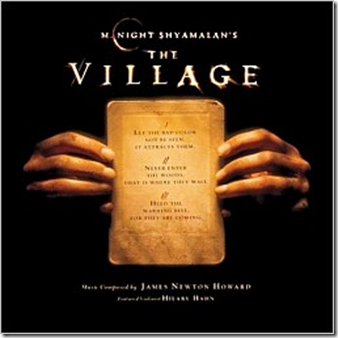Possible lessons to be learned from Weezer’s unexpected path to success
/Weezer's first album, The Blue Album, was a multi-platinum success.
I liked it very much.
The record industry expected that their second album, Pinkerton, would perform similarly, but when it was released, Pinkerton received mixed reviews from critics and was voted the third worst album of the year by Rolling Stone readers.
Despite the poor reviews, the album sold steadily over the years, thanks mostly to word-of-mouth on the Internet.
In 2002, six years after the original release, Pinkerton was voted the 16th greatest album of all time by Rolling Stone readers. The magazine later gave Pinkerton another review and awarded it five stars.
Possible lessons to be learned from this:
1. Great art will ultimately be recognized as great over time, so do not despair if your creation has not received the attention that it deserves. See Herman Melville and Edgar Allen Poe as perfect examples of this.
a. A corollary to the first possible lesson: If your art is going to ultimately be recognized as great, it’s best when it happens while you are still alive, unlike Melville and Poe.
2. The public is a fickle mass of mindless ninnies who can love something one day and despise it the next, so artists should not invest too much time or energy in public opinion.
3. Critics are a fickle mass of mindless ninnies whose expert opinions are easily swayed by the public, so artists should not invest too much time or energy in their opinions.
4. It’s best to produce an artistic flop in the age of the Internet, when small tribes of like-minded people can more easily gather and exchange and spread information. The Internet is the place where art can be given a second chance.


